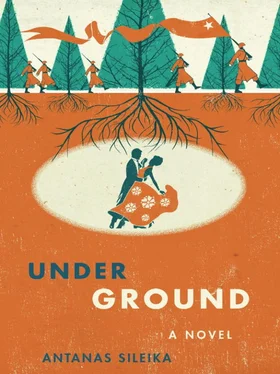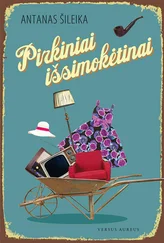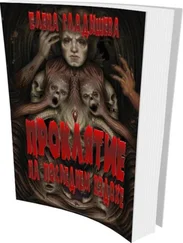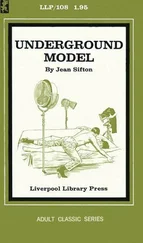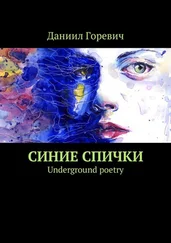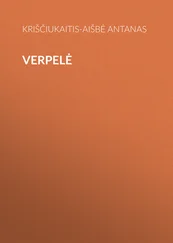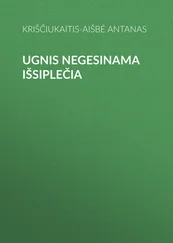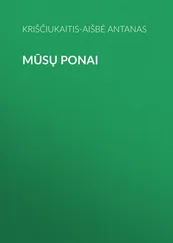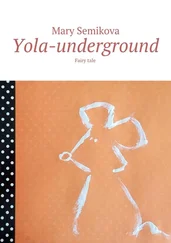The countryside they drove through was made up primarily of pine forests that had been planted because the Soviet planners decided the sandy soil was too poor, and so the old farms had been liquidated, the fences dismantled, the houses bulldozed and the people resettled; geography was a slate that could be wiped clean, within limits. The rivers still flowed in their courses, but the farms that had once hugged their banks were gone, their people scattered. History, like geography, could be wiped away within reason as well, but like shards of pottery from ancient settlements it had a way of working up to the surface. A determined man or woman could piece some of it back together.
Jonas Petronis wanted to get to Merkine before dark. His eyes were poor because he’d suffered malnutrition as a boy in a Siberian work camp. But they were unavoidably delayed by road construction, and so they drove slowly down the empty country roads by night, where the darkness of the forest beside them was greater than the slightly less dark night sky above them.
They talked awkwardly about the past, two strangers trying to reassemble the stories of their parallel lives. Jonas Petronis had not known a great deal about the past either until, after the funeral of the aunt who raised him, his uncle Povilas had taken him aside at a place far out in the country, in order to fill him in on a little family history. Povilas was not really an uncle, just a family friend who had started hanging around with his aunt in the sixties.
Povilas had a half-acre garden plot in the country and a storage shed that he had enlarged until it was more like a small cottage. There, over shashlik cooked on an open fire and a few glasses of Armenian cognac, he’d told Jonas some surprising things. Povilas told him that his aunt was not really his aunt, but his mother.
The information was all a bit much for Jonas. He only half believed what he was told. He remembered Siberia from his childhood— the fleas the children played with, the potatoes that were sweet because they’d been left in a heap in the fields to freeze. Jonas had half thought Povilas was beginning to lose his mind. But some renegade historian, calling himself an “underground” historian, had looked up Jonas Petronis and asked him questions about his father, about whom Jonas knew nothing yet others seemed to know something.
It was all very unsettling, and it all became more unsettling. Jonas found out that his story had layers, and one of them lay in Canada.
For his part, Luke would have doubted the story even now if not for a pair of letters on the dashboard, which he read by the overhead light. They were from his mother, Monika, to Jonas’s mother, Elena, and they had been written in the late sixties.
Jonas had ferreted out a few more details from his uncle Povilas, once known by his code name, Lakstingala, stories about their father, who had been executed some months after his capture in 1950.
Down through the tunnel of darkness the two half-brothers drove, on the road to Merkine, Jonas’s home, where soon monuments to the Lithuanian partisans would join the monuments to the Red partisans and the Red Army. There was no shortage of cemeteries, for the Polish partisans who had fought in the region at various times, for German soldiers in the First World War and Napoleonic soldiers before them.
First there had been no more Jews in the Jewish Pine Forest, and then there was no longer a pine forest at all. In 1959 the Soviet engineers and the bulldozers came, and the hill, the forest and the south of old Rumsiskes were drowned to form the Kaunas Reservoir.
If the pressure were great enough and the time long enough, the sand of the dune forest would form into shale, and the stories that lay there would be pried apart by the archaeologists and geologists of the future.
This novel could not have been written if not for the collapse of the Soviet Union and the independence of Lithuania in 1991. These events opened up various archives and personal memoirs that led to the publication of a large number of histories about the partisan resistance to the second Soviet occupation in 1944. The story of partisan resistance not only in Lithuania but also in Estonia, Latvia, Ukraine and Poland remains largely unknown in the West. The partisan resistance in Lithuania was strongest in the early years, with as many as thirty thousand active participants and many more supporters. By the early fifties, numbers were down to a couple of thousand, and these were being slowly exterminated. Curiously, First Deputy Prime Minister Laverentiy Beria had one of them, Jonas Zemaitis (code-named Vytautas), brought to Moscow for talks about accommodation, but Beria was executed and Zemaitis as well, leaving one to wonder how things might have turned out if both had survived.
There has been speculation, unsubstantiated, that the British attempts to land agents on the Baltic coast were compromised by the infamous turncoat Kim Philby. One thing is certain: the Soviets infiltrated the British operations quite thoroughly, and many agents dropped inside were double agents and those who went with them were doomed. One of these agents, however, survived prison and lived to see independent Lithuania. He apparently asked for thirty-five years of back pay from the British. I don’t know if he received it.
Before 1991, few of the details of the partisan resistance were known beyond the stories told in Juozas Luksa’s Partizanai , published in 1950 when Luksa came out to the West, fell in love and married, and then returned to Lithuania, where he was betrayed and shot in an ambush. I used the outlines of the Luksa story for this novel, but what you find here is in no way meant to tell Luksa’s story. His love story was entirely different and even more romantic than the one I have told. Notwithstanding the many differences, I couldn’t resist using a simple anagram of “Luksa” to create the name of the protagonist of this novel.
Those familiar with the partisan literature will see that I have drawn not only from Luksa’s book but from several other classics of the genre that came to light after 1991, most of them available only in Lithuanian. These include, but are not limited to, the following: Daugel Krito Sunu by Adolfas Ramanauskas (code-named Vanagas), Sita Paimkite Gyva by Povilas Peciulaitis (code-named Lakstingala), Pavarges Herojus by Liutas Mockunas, and Partizano Dzuko Dienorastis by Lionginas Baliukevicius (code-named Dzukas). Another valuable resource was Roger D. Petersen’s Resistance and Rebellion , an excellent study of partisan support structures in a typical Lithuanian village. There are now many, many other books about the partisans. An excellent new study of the partisans in Eastern Europe appeared just as I was proofreading this novel, too late to have an impact but too important to leave unmentioned: The Soviet Counterinsurgency in the Western Borderlands by Alexander Statiev. Another important background history to the partisan movement is Timothy Snyder’s Bloodlands .
I should add that a certain number of accusations against the partisans do exist, holding that they were all simply bandits or fascist criminals, but I have found no documented evidence of large-scale crimes. However, there is no doubt there were partisans who went bad. Some were executed after court martial. As far as I can tell, the broad accusations against the partisans as a whole are based on a Soviet piece of disinformation called Vanagai is Anapus [Hawks from the Other Side], published in 1960. This novel depicts all the historical partisans and their supporters as criminals, cynics or fools. Although no one who reads this mass market–style novel could take it seriously, some of the accusations in it seem to have lingered right up to the present, demonstrating that any story, even a bad one, can have an afterlife.
Читать дальше
